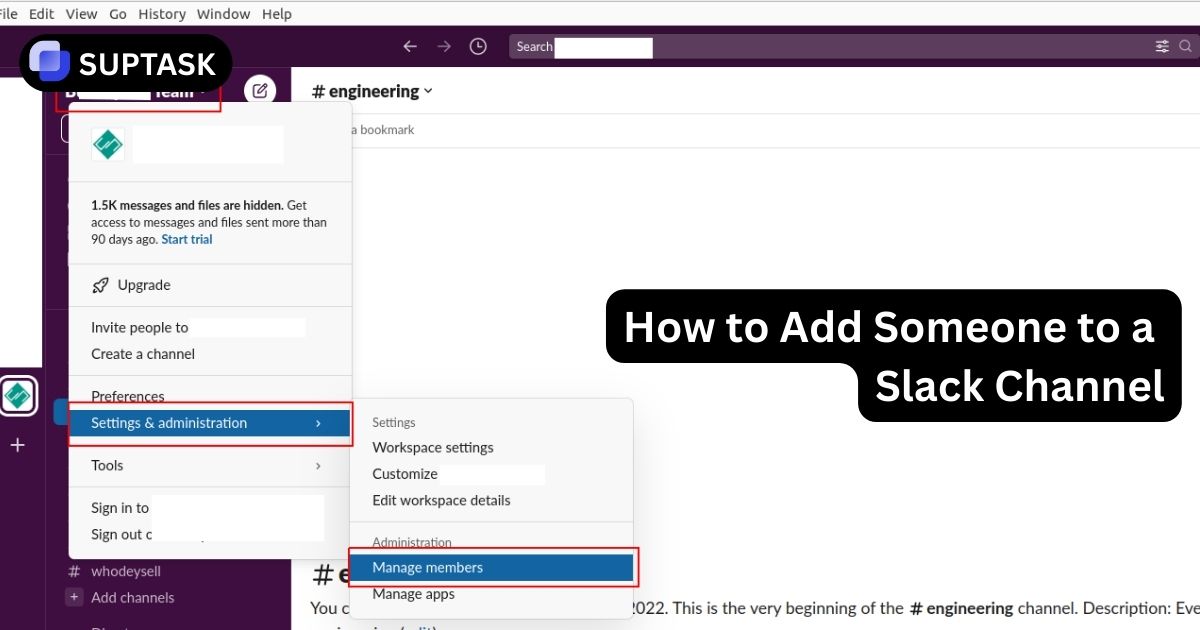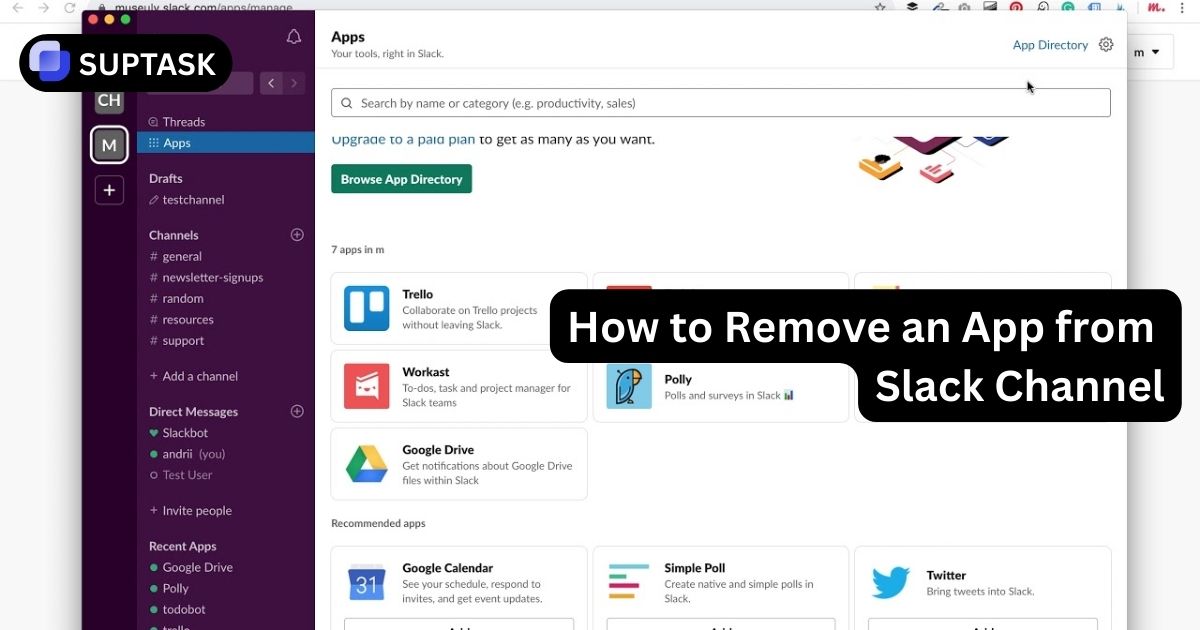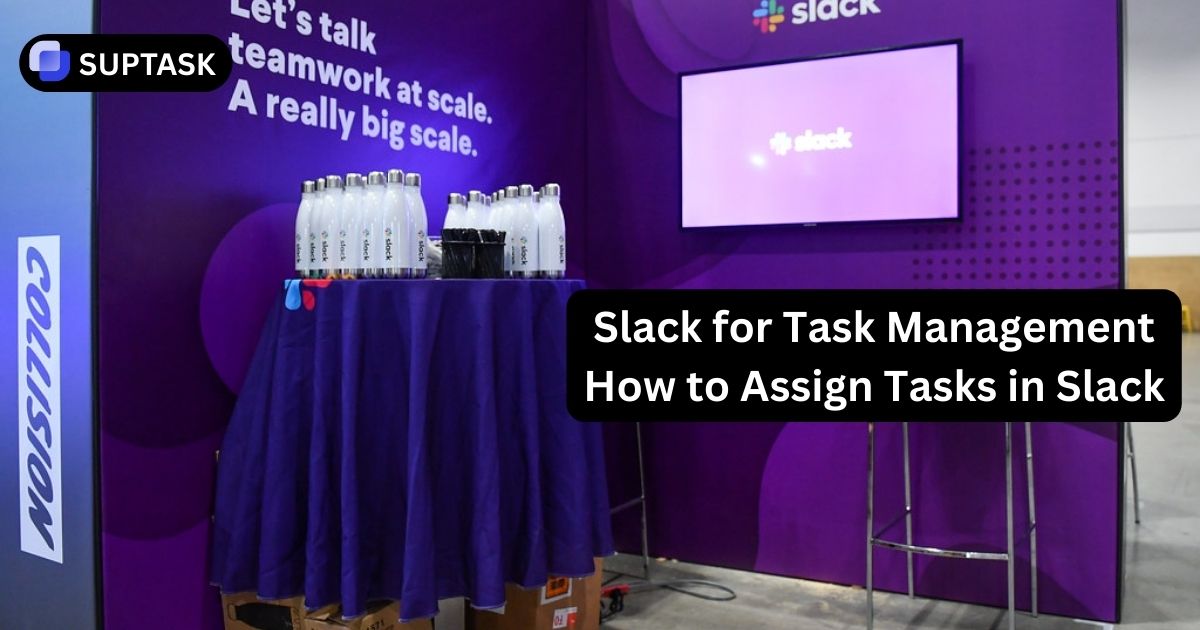Customer success roles, such as those of Customer Success Managers, Onboarding Managers, and Success Specialists, are vital for companies that strive to enhance customer satisfaction and loyalty.
Key Takeaways
- Customer success uses proactive strategies to ensure satisfaction and prevent issues, setting it apart from traditional customer service.
- Roles like Customer Success Managers and Onboarding Managers are crucial for building relationships and guiding customers toward success.
- Metrics like CSAT and NPS measure customer success effectiveness, helping improve retention and strategy impact.
Defining Customer Success

Customer success is a proactive strategy aimed at elevating and maintaining customer satisfaction. How does it differ from traditional customer support?
Unlike reactive customer support, customer success anticipates challenges and resolves them preemptively.
This approach streamlines the customer experience, ensuring each individual's engagement with the company is smooth and productive.
At the heart of customer success are Customer Success Managers (CSMs). These professionals are dedicated to:
- Helping clients achieve their desired outcomes;
- Fostering long-term satisfaction;
- Impacting retention rates positively;
- Opening avenues for expansion sales.
The Rise of Customer Success
What factors have driven the emergence of customer success as a crucial business function? Several key elements have contributed:
- The shift to subscription-based business models;
- Increased focus on customer retention and lifetime value;
- Need for a more integrated approach to customer relationships;
- Growing importance of customer advocacy and referrals.
As a result, customer success has become indispensable, particularly in the SaaS industry.
The team uses the best customer success software to ensure successful product implementation and drive long-term customer satisfaction.
Key Customer Success Roles

Customer success encompasses various roles, each contributing uniquely to cultivating healthy customer relationships. Let's explore the primary positions in this field.
Customer Success Manager (CSM)
Often considered the most impactful "product feature," CSMs are customers' primary point of contact. Their responsibilities include:
- Building and maintaining strong customer relationships;
- Ensuring customer satisfaction and retention;
- Identifying upselling and cross-selling opportunities;
- Collecting and analyzing customer feedback;
- Collaborating with other teams to improve the customer experience.
CSMs serve as the customer's voice within the organization. They advocate for customer needs and feedback, driving product improvements and enhancing overall experiences.
Customer Onboarding Manager
Customer Onboarding Managers are crucial in starting new customers up for success. What are their key responsibilities?
- Developing and implementing onboarding strategies;
- Creating and maintaining onboarding materials and resources;
- Ensuring a smooth transition from sales to customer success;
- Identifying and addressing potential roadblocks in the onboarding process;
- Collaborating with other teams to improve the onboarding experience.
A successful onboarding process is essential for customer retention and long-term success.
Customer Onboarding Managers typically earn between $63,000 and $145,000 annually, with an average salary of around $66,947.
Customer Success Specialist
Customer Success Specialists often serve as the entry point for those new to the field. Their responsibilities include:
- Assisting customers with day-to-day inquiries and issues;
- Providing product guidance and support;
- Identifying opportunities for customer growth and expansion;
- Collaborating with CSMs on customer success initiatives;
- Gathering and analyzing customer feedback.
In the United States, Customer Success Specialists can expect to earn between $56,000 and $82,000, with a median wage of approximately $68,000.
Leveraging the best people management software can enhance a Customer Success Specialist's ability to manage customer interactions and maximize productivity, ensuring timely responses to client needs and promoting growth within the organization.
This role provides an excellent foundation for career growth and customer success.
Responsibilities of Customer Success Managers
.webp)
CSMs have many duties to ensure client retention through continuous assistance and guidance.
These managers can tailor their approaches to align with individual customer objectives by understanding specific customer requirements and patterns.
Building Strong Relationships
At the core of customer success lies proficient relationship management. How do CSMs build and maintain strong customer relationships?
- Conducting regular check-ins and business reviews;
- Identifying and addressing customer pain points;
- Providing proactive support and guidance;
- Celebrating customer wins and milestones;
- Fostering a sense of partnership and trust.
By focusing on these elements, CSMs can forge robust, persistent customer bonds, increasing satisfaction and loyalty.
Suptask further enhances managing customer interactions by delivering a simplified platform within Slack for recording support requests.
Suptask centralizes communication to help Customer Success Managers proactively handle problems, promptly reply to questions, and monitor client milestones in real-time.
Thanks to its secure Slack ticketing options and customizable forms, CSMs can stay organized and focused on each customer's particular demands, strengthening their bond.
Churn Management
Proactive customer engagement is crucial for CSMs to prevent churn and boost retention rates. What are the key responsibilities in churn management?
- Identifying at-risk customers through data analysis and customer interactions;
- Developing and implementing retention strategies;
- Collaborating with other teams to address customer concerns;
- Conducting win-back campaigns for lost customers;
- Continuously improving the customer experience to reduce churn.
Effective churn management is vital for maintaining a healthy customer base and driving long-term business growth.
Upselling and Cross-Selling
CSMs play a crucial role in uncovering upselling and cross-selling opportunities. Their responsibilities in this area include:
- Identifying opportunities for account expansion;
- Educating customers on additional products or services that align with their goals;
- Collaborating with sales teams to close expansion deals;
- Tracking and reporting on upsell and cross-sell metrics;
- Ensuring smooth transitions during account expansions.
These strategies can significantly amplify a customer's lifetime value and contribute to revenue expansion when executed proficiently.
Essential Skills for Customer Success Professionals
.webp)
Customer success professionals must possess a diverse skill set to excel in their roles and drive customer satisfaction. What are the critical skills needed in this field?
Communication Skills
Effective communication is the cornerstone of customer success. Essential communication skills include:
- Active listening;
- Clear and concise verbal and written communication;
- Empathy and emotional intelligence;
- Presentation skills;
- Ability to tailor communication to different audiences.
Strong communication skills enable customer success professionals to build rapport, understand customer needs, and effectively convey value propositions.
Problem-Solving Abilities
Customer success professionals must identify and resolve issues quickly and efficiently. Essential problem-solving skills include:
- Analytical thinking;
- Creative problem-solving;
- Decision-making under pressure;
- Root cause analysis;
- Ability to prioritize and manage multiple issues simultaneously.
These skills empower customer success professionals to address customer concerns proactively and develop innovative solutions to complex problems.
Time Management
Effective time management is crucial for juggling the various responsibilities of customer success roles. Key time management skills include:
- Prioritization;
- Task delegation;
- Goal setting and tracking;
- Efficient use of customer success tools and software;
- Ability to balance proactive and reactive tasks.
Strong time management skills enable customer success professionals to maximize their productivity and consistently deliver value to customers.
FAQs
What is the primary role of a Customer Success Manager (CSM)?
To maximize customer value from products, ensuring loyalty and satisfaction through proactive relationship management.
How does customer success differ from traditional customer service?
Customer success is proactive and focuses on satisfaction, while customer service is reactive, addressing issues after they arise.
What are some key metrics used to measure customer success?
Key metrics include Customer Satisfaction Score (CSAT), Net Promoter Score (NPS), and Customer Retention Rate.
What skills are essential for customer success professionals?
Strong communication, problem-solving, time management, and a customer-first mindset are essential.
What are the career advancement opportunities in customer success?
Opportunities range from Customer Success Specialist to roles like Chief Customer Officer, offering clear growth paths.













